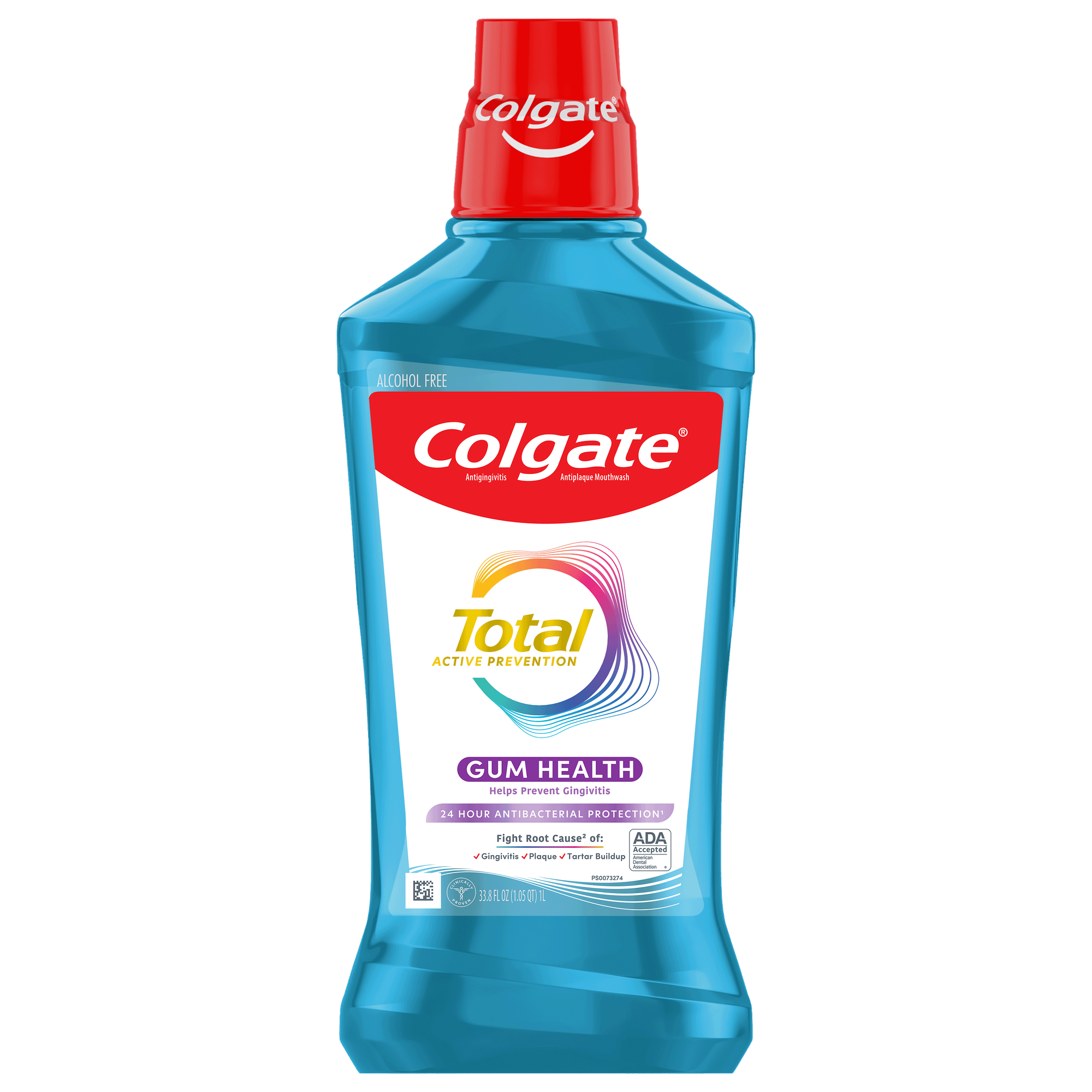Why Does Cheek Biting Happen?
Many things can cause you to bite the inside of your cheek. They include:
- Lack of attention. Being distracted while involved in activities, like reading a book or watching TV during meals, could result in you biting your cheek without realizing it.
- Accidental biting. People can bite their cheek when eating too fast, talking while eating, or getting into a fight or an accident.
- Depression or anxiety-related biting. Like biting your nails, you might automatically bite your inner cheek as a reaction to being stressed, anxious, or depressed.
- Tooth deflection in the dental arch. Your teeth (usually the wisdom teeth) being deflected toward the cheek can cause lesions. Deviated molars or premolars or badly-designed or poorly-constructed crowns can cause similar lesions.
- Psychological-related biting. Chronic cheek biting (known as morsicatio buccarum) is a compulsive behavior that repeatedly causes someone to bite the inside of their cheek. It's classified as a body-focused repetitive behavior (BFRB). In some cases, someone with BFRB might not even be aware that they're biting their cheek.
Damage Caused by Cheek Biting
Occasional, accidental cheek bites can result in canker sores, but otherwise, they aren't a cause for too much concern. You might experience some discomfort for a few days, but that's usually it.
Chronic cheek biting can result in redness, painful sores, and tears in the mouth's inner lining (known as the mucosa). With BFRB-related cheek biting, you might also feel increased guilt, shame, or hopelessness, or shy away from social activity to prevent others from noticing the biting.
How Can You Stop Biting Your Cheeks?
If you find yourself regularly biting the inside of your mouth while chewing or talking, it's an excellent time to schedule an appointment with your dentist. If your wisdom or another tooth is causing lesions in your cheek, your dentist might recommend braces or an extraction to correctly align your teeth.
If cheek biting is related to stress, it could be a good idea to speak to a physician or psychologist. Breathwork or relaxation exercises can provide relief and be an effective treatment to prevent inner cheek bites. If biting the inside of your cheeks is related to BFRD, treatment is multi-fold. A psychologist might recommend keeping track of the behavior by journaling when the cheek biting occurs and what triggered it. One way to change the behavior is by replacing it with a healthier one. For example, chewing gum. And don't forget that receiving emotional support and finding ways to understand the emotions driving this behavior is equally important. A psychologist can be a great resource here.
If you're noticing yourself bite your cheek often, it's important to consult with a physician or dentist. They can help find a treatment plan that makes you feel supported and helps you stop biting your cheek.
Oral Care Center articles are reviewed by an oral health medical professional. This information is for educational purposes only. This content is not intended to be a substitute for professional medical advice, diagnosis or treatment. Always seek the advice of your dentist, physician or other qualified healthcare provider.
ORAL HEALTH QUIZ
What's behind your smile?
Take our Oral Health assessment to get the most from your oral care routine
ORAL HEALTH QUIZ
What's behind your smile?
Take our Oral Health assessment to get the most from your oral care routine















